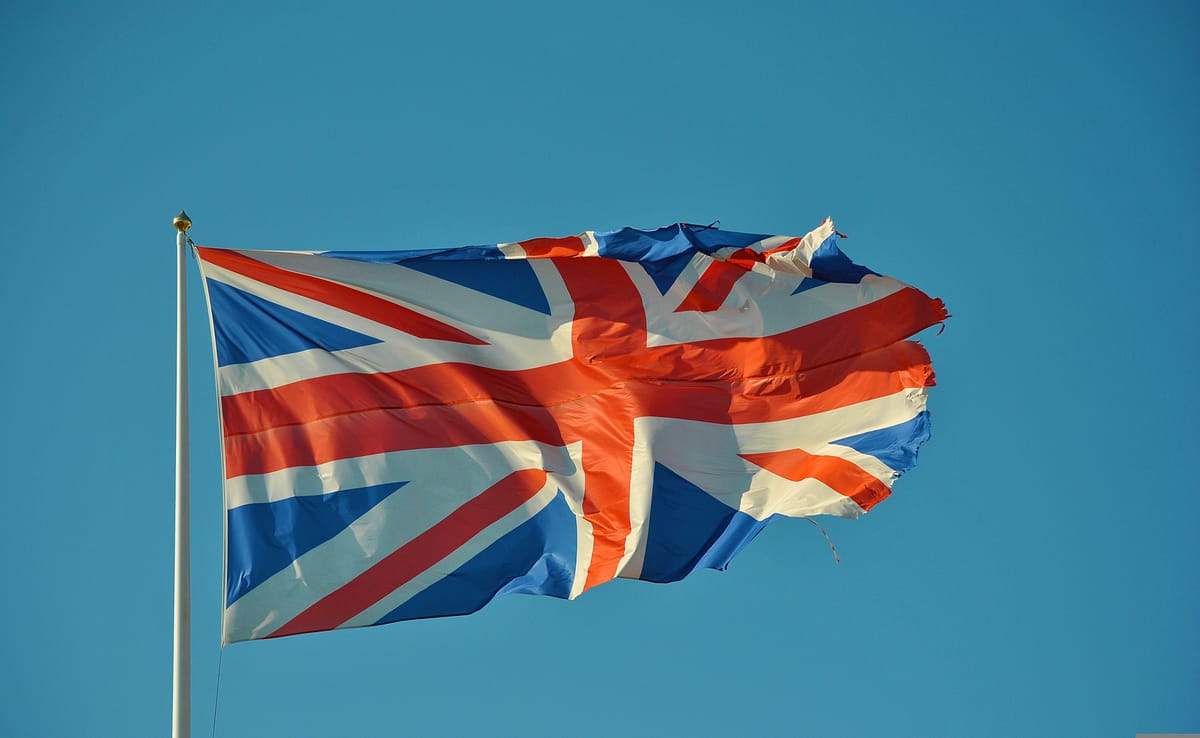Wikipedia Foundation Loses Legal Battle Against UK's Online Safety Act in Landmark Ruling
The Wikimedia Foundation, operator of the world's largest online encyclopedia, has suffered a significant legal defeat in its challenge to the UK's controversial Online Safety Act, marking a pivotal moment in the ongoing battle between Big Tech and government regulation of digital platforms.
Court Upholds Sweeping Regulatory Powers
The High Court of Justice dismissed the Foundation's judicial review application on December 12, 2024, ruling that the Online Safety Act's content moderation requirements do not constitute an unlawful restriction on freedom of expression. The decision validates Ofcom's authority to enforce compliance measures that could fundamentally alter how Wikipedia operates in the UK.
Justice Margaret Singh, delivering the judgment, stated that while the regulations impose "significant operational burdens," they represent a "proportionate response to documented harms occurring on digital platforms." The ruling specifically rejected arguments that Wikipedia's collaborative editing model should exempt it from the same oversight applied to social media giants like Facebook and TikTok.
What the Ruling Means for Wikipedia
Under the Online Safety Act, Wikipedia must now implement several controversial measures:
Content Scanning Requirements: The platform must deploy automated systems to identify and flag potentially harmful content, including misinformation about health topics and content that could pose risks to children.
Age Verification Systems: Wikipedia will need to implement age verification mechanisms for UK users, potentially requiring personal identification documents for access to certain articles deemed inappropriate for minors.
Regular Compliance Reports: The Foundation must submit quarterly reports to Ofcom detailing content moderation decisions, user complaints, and algorithmic changes affecting UK users.
Financial Penalties: Non-compliance could result in fines up to 10% of global revenue, potentially amounting to millions of dollars for the nonprofit organization.
Industry Reactions and Broader Implications
The Electronic Frontier Foundation condemned the ruling as "a dark day for digital rights," warning that forcing Wikipedia to implement content filtering could undermine the site's core mission of providing free access to knowledge.
"This sets a dangerous precedent," said digital rights advocate Sarah Chen. "If Wikipedia—arguably the internet's most benevolent platform—can be subjected to these restrictions, no online service is safe from government overreach."
However, child safety advocates celebrated the decision. The NSPCC's policy director James Hamilton noted that "Wikipedia, despite its educational value, has long harbored content inappropriate for children, including detailed descriptions of violence and adult themes that require age-appropriate controls."
Technical Challenges Ahead
The ruling presents unique technical challenges for Wikipedia's volunteer-driven model. Unlike traditional social media platforms with centralized content control, Wikipedia relies on thousands of volunteer editors worldwide who may now face restrictions based on UK law.
Wikipedia's UK traffic represents approximately 8% of its global readership—roughly 25 million monthly visitors. The Foundation now faces the costly decision of either implementing UK-specific changes or potentially blocking access to British users entirely.
Global Regulatory Trend Accelerates
This decision reflects a broader international movement toward platform regulation. The European Union's Digital Services Act already imposes similar requirements on large platforms, while countries including Australia, Canada, and India are developing comparable legislation.
Legal experts suggest this ruling could influence regulatory approaches worldwide. "What happens to Wikipedia in the UK won't stay in the UK," warned technology law professor Michael Roberts. "Other governments will view this as validation for their own restrictive measures."
What Comes Next
The Wikimedia Foundation has 21 days to file an appeal to the Court of Appeal, though legal observers consider success unlikely given the High Court's comprehensive rejection of their arguments.
In the meantime, the Foundation faces a six-month implementation deadline. Failure to comply by June 2025 could result in immediate penalties and potential service restrictions for UK users.
Key Takeaways
The Wikipedia ruling represents a watershed moment in internet governance, demonstrating that even nonprofit educational platforms cannot escape the growing regulatory net. As governments worldwide grapple with online safety concerns, the decision signals that no digital service—regardless of its public benefit mission—remains immune from content regulation requirements.
For millions of UK Wikipedia users, the coming months may bring significant changes to how they access and interact with the world's largest repository of free knowledge, potentially setting a template for similar restrictions globally.

